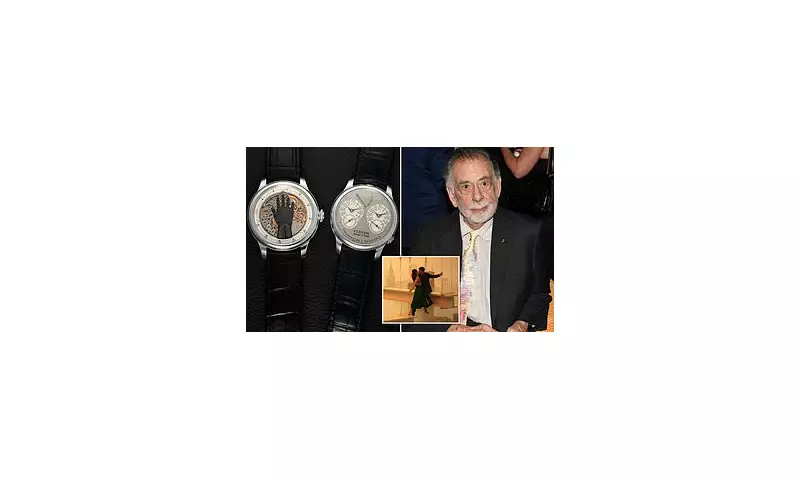
Cinema legend Francis Ford Coppola faced a dramatic reception at the Cannes Film Festival premiere of his passion project Megalopolis, with the controversial epic dividing audiences in spectacular fashion.
The 85-year-old Godfather director watched from the balcony as his $120 million self-funded vision unfolded, witnessing both walkouts and extended standing ovations that highlighted the polarising nature of his ambitious creation.
A Dream Four Decades in the Making
Coppola first conceived the idea for Megalopolis in the early 1980s, describing it as a Roman epic set in modern-day New York. The film follows an architect, played by Adam Driver, who attempts to rebuild Manhattan as a sustainable utopia following a devastating disaster.
'This is the film I've wanted to make for 40 years,' Coppola revealed during the festival, having poured a significant portion of his personal fortune into bringing his visionary project to life.
Critical Reception: From Walkouts to Acclaim
The premiere saw dramatic contrasts in audience reaction, with some viewers leaving the screening early while others remained for a seven-minute standing ovation that brought emotional moments for the cast and crew.
Early reviews reflected this division, with some critics calling the film 'a monumental folly' while others praised its 'daring ambition and visual splendour.' The Hollywood Reporter described it as 'baffling and brilliant in equal measure.'
Star-Studded Cast and Personal Investment
Alongside Adam Driver, the film features an impressive ensemble including Nathalie Emmanuel, Forest Whitaker, and Jon Voight. Coppola's decision to self-fund the project through the sale of his successful wine business added significant personal stakes to the production.
The director remained philosophical about the mixed reactions, telling reporters: 'I don't care about the critics. I care about the people - and the people seem to be excited.'
As the debate around Megalopolis continues, one thing remains certain: Francis Ford Coppola has delivered exactly the bold, uncompromising vision he promised, ensuring his place as one of cinema's true risk-takers.





